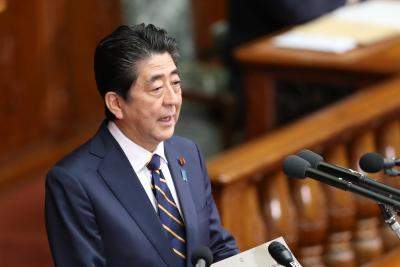Cyber Crime: 3 Held, Dupped 4.38 Lakh People Across 20 States

Bhubaneswar, Jan 30: Updating Bank Account KYC, the prime modus-operandi, dupped and looted more than 4 lakh people. How crooked and amoral minds they are. Three gang members from Jharkhand’s Jamtara, who used to defraud citizens by obtaining their bank details in the name of updating their KYC (Know Your Customer), have been arrested by the Odisha Police Crime branch.
The trio was held for defrauding almost 4,38,834 persons across 20 states in the country and at least 171 complaints were filed against the gang. Two among them are from Giridihi area of Jharkhand and another from Dhanbad area. They have been identified as Pradhun Kumar Mandal (20), Krishna Kumar Mandal (19), and Chet Lal Mandal (28).
Reportedly, the Crime Branch, which has been investigating cyber-crime cases committed by the gang for nearly two years, got the breakthrough after getting off the lavish lifestyle they were leading by the neighbors, despite not being so educated and a lucrative job.
The gang is involved in hoodwinking people across the country through UPI, credit card and other frauds and has spread its network here in Odisha capital. With identity of students, the trio has been staying in rent at Rasulgarh area since December 28, 2021.
To avoid tracking and they have purchased a list of phone numbers from dubious sources and routinely change their mobile phones and numbers using pre-activated SIMs. From these numbers they used to call the persons identifying themselves as bank officials and ask the target to update their KYC in the links given, else their banking services would be discontinued.
Once people would respond and fill in the bank details in the links send to them by the fraudsters, the cyber criminals would get all the banking details. They would then call the unwary customers to get the one-time passwords (OTPs).
After obtaining the bank details from the targets, the spammers would use it to transfer money from the account to various digital payment platforms. Then they used the amount to purchase gift vouchers and redeem the same to buy expensive items from online shopping websites.







